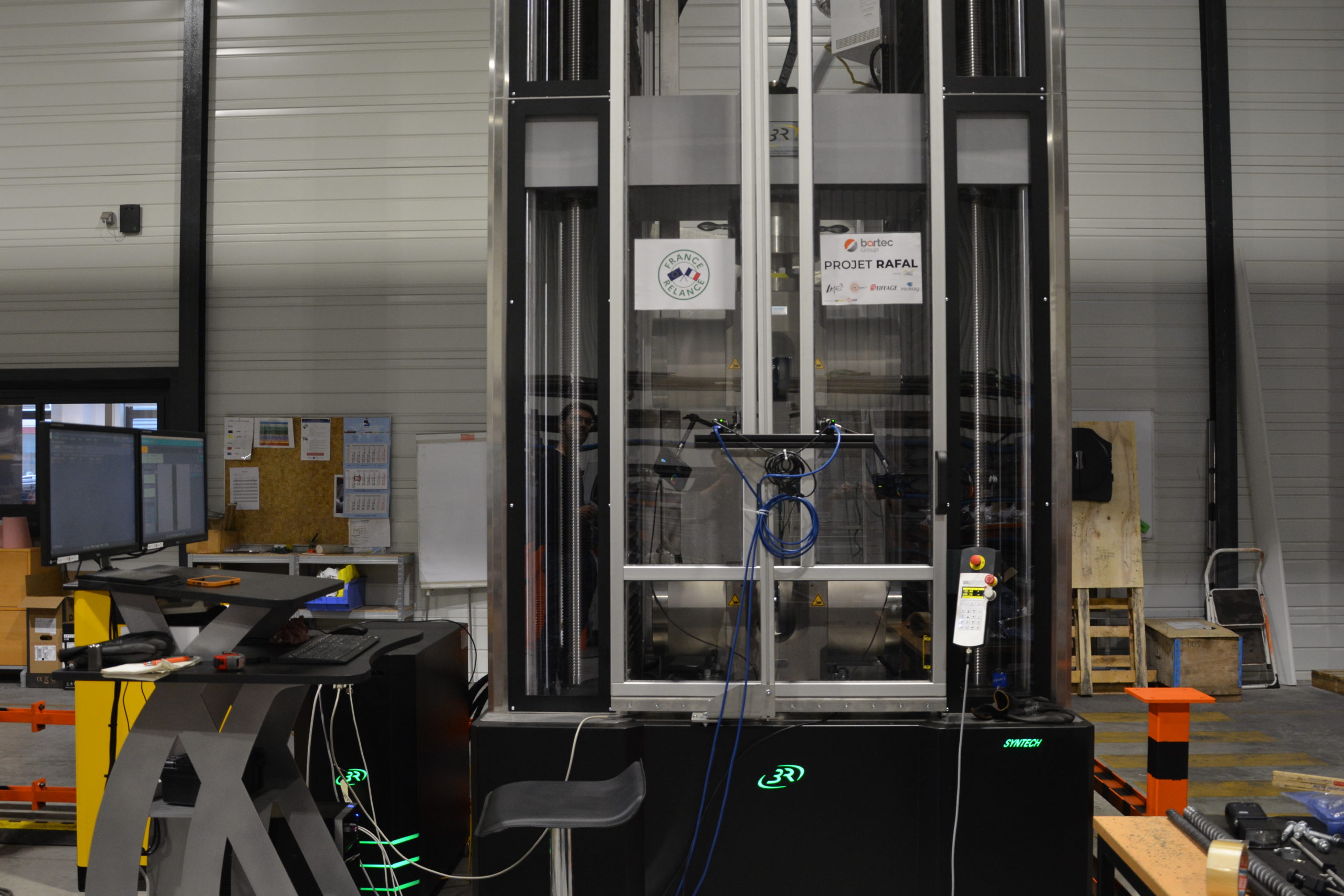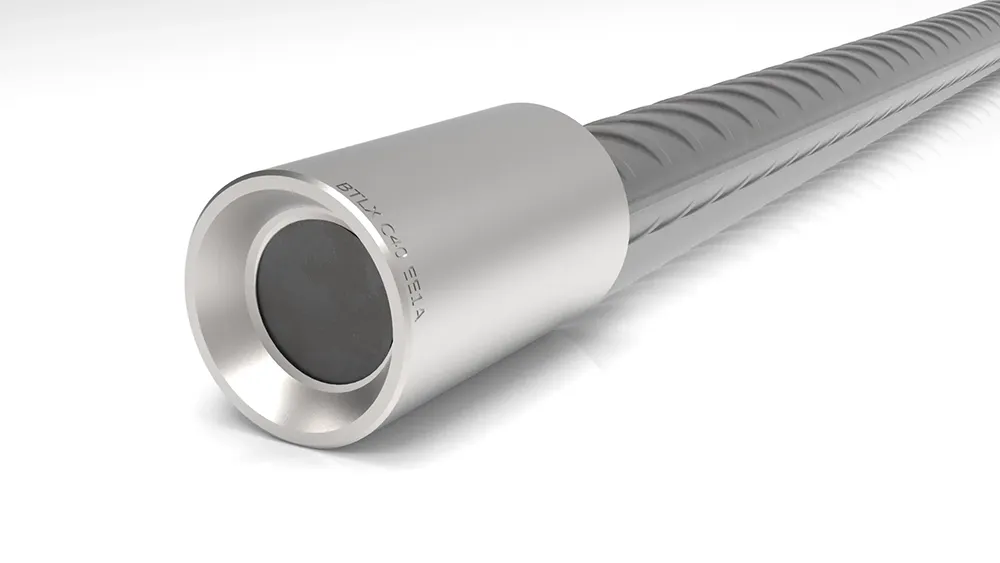RAFAL Project
The Rafal project, initiated and managed by LINXION The Original, is part of the France Relance project. The project is certified by Nuclear Valley, supported by EDF and developed with Eiffage and the LMC2 of the University Claude Bernard Lyon 1.
4-point full-scale bending test on reinforced concrete beams to assess the impact of mechanical splices on crack distribution…
The RAFAL project, led by LINXION the original, represents a crucial step in France’s economic recovery effort. It is fully in line with the national #FranceRelance project, aimed at boosting innovation and research in various industrial sectors.
A key aspect of the RAFAL project is its accreditation by Nuclear Valley, a competitiveness cluster dedicated to the nuclear industry in France. This label testifies to the strategic importance of the project in the field of nuclear energy and its industrial applications.
The support of EDF, one of the world’s leading energy companies, is a major asset for RAFAL. EDF brings its expertise and experience in the nuclear energy sector, which reinforces the credibility and relevance of the project.
The RAFAL project benefits from the collaboration of Eiffage, a key player in the French construction industry. Eiffage’s participation in this project underlines the importance of the construction industry in the global context of economic recovery, and highlights the value of research in improving construction techniques and materials.
Université Claude Bernard Lyon 1, through its Laboratoire des matériaux composites pour la construction (LMC2), also plays a central role in RAFAL. The LMC2 is a leading player in construction materials research, and its participation in the project brings an academic dimension to RAFAL.
One of the most significant aspects of the RAFAL project is its aim to assess the impact of reinforcement connections on crack distribution in large-scale reinforced concrete beams. These 4-point bending tests represent a major advance in our understanding of the structural behavior of construction materials, particularly reinforced concrete.
The university laboratory, under the direction of two eminent researchers, Emmanuel Ferrier (University Professor at Université Claude Bernard Lyon 1) and Aron Gabor (Director of the Laboratoire des matériaux composites pour la construction, UCBL), is currently preparing a technical publication detailing the results of these tests.
This technical publication promises to make significant contributions to construction materials research, particularly in the context of nuclear construction where structural safety and durability are crucial concerns.

